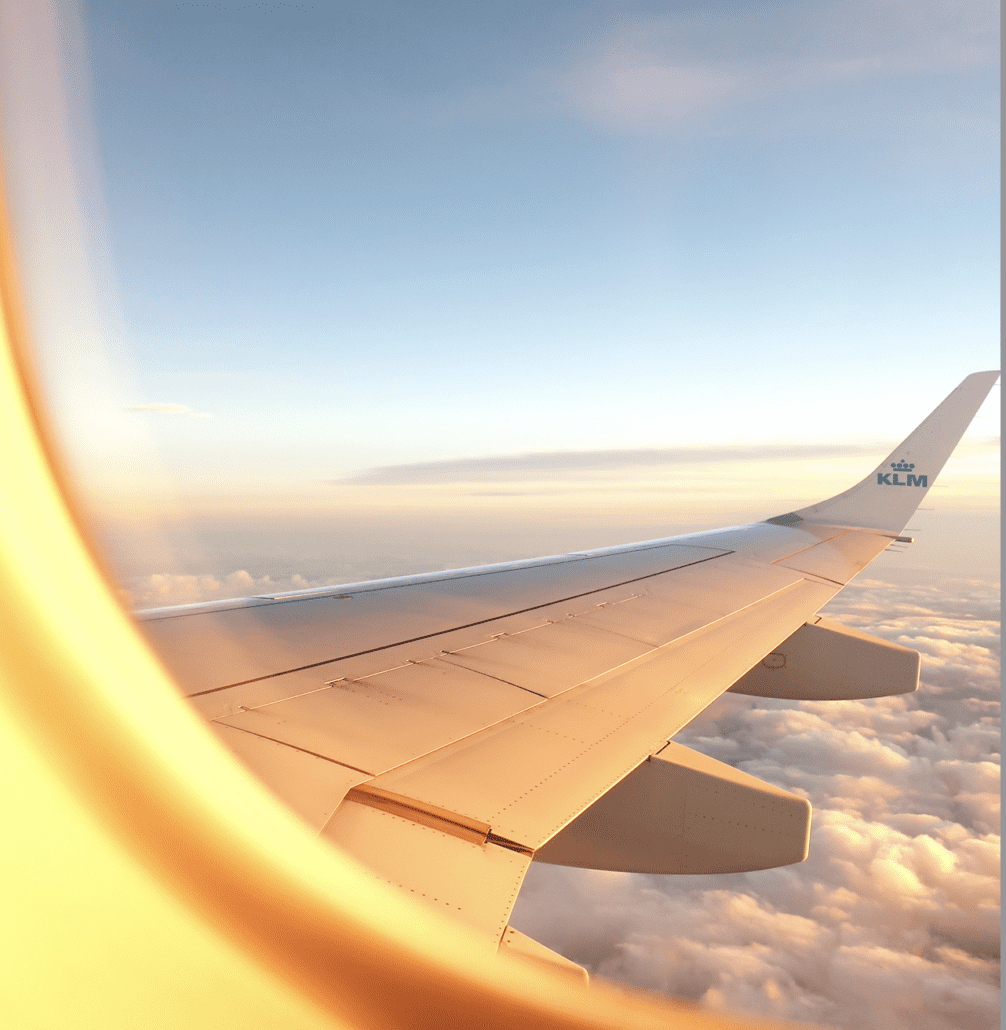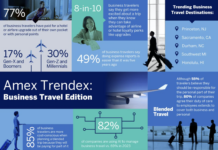
Air travel costs, already up 26% over last year, climb ever higher as Russia’s war with Ukraine continues to drive up jet fuel prices.
Air travel costs already were on the rise before Russia invaded Ukraine and countries including the U.S. imposed sanctions began to drive crude oil and jet fuel prices to their highest level in 13 years — up 32% in just the past week, and more than 50% year to date.
The rising fuel costs are another tough bump on the runway for airlines, which are already stressed trying to meet a resurgence in demand as COVID-19 travel restrictions lift domestically and around the world. After passenger levels dropped off a cliff in March 2020 to the tune of a 95% reduction when the pandemic first hit, most U.S. airlines made fairly dramatic reductions in both their staffs and their fleets and are still struggling to rebuild their fleets and hire pilots, crew and other essential personnel, according to Barrons. And, while domestic travelers have been coming back in droves, international recovery isn’t expected to come back to 2019 levels for at least another couple of years.
Now the Russian war with Ukraine has thrown one more major disruption into the air travel costs mix. In addition to sanctions, such as the U.S. announcement that it was boycotting Russian oil imports, there are disruptions to carriers that now have to bypass Ukraine airspace. Some are also shutting off flights over at least some segments of Russian airspace, which already is disrupting air traffic between the U.S., Europe and Asia. The Federal Aviation Administration has prohibited flights over Ukraine, Belarus and most of Russia, which means airlines have to find other, usually longer and more expensive, routes
While meeting and event organizers can take heart in knowing that it should take about four months for the rising fuel prices to start affecting fares in a major way, it will affect air travel costs, even domestically, according to The New York Times. And those who have meetings scheduled this spring and summer in Europe may also find potential attendees to be hesitant to travel. According to a recent survey by MMGY, 62% of U.S. travelers cited concerns about the war in Ukraine spreading to nearby countries as a factor impacting plans to travel to Europe, which is twice the number (31%) who cited COVID-19 health and safety concerns as a factor. Almost half said they were waiting to see how the situation in Ukraine evolves before making plans to visit Europe this year, citing concerns over flight delays and cancellations as well as the potential for border closures.
You May Also Be Interested In…
Ukraine: Cancellations, Rise in Airline Ticket Prices Lie Ahead
A Legal Perspective on Planning Meetings in a Changing World
E.U. to Require ETIAS Visa Waiver in 2023










